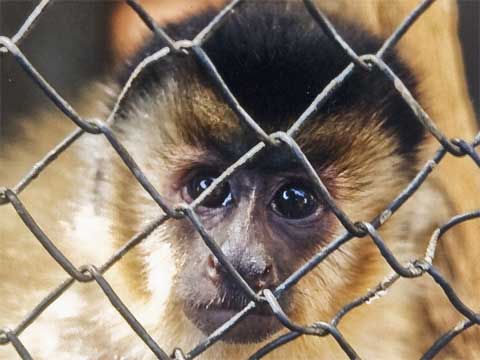
Plants and animals help to maintain a balance in the atmosphere. Today, man has increased his greed so much that he has started killing animals, started trafficking them for his own benefit. Hunting has increased manifolds globally and due to it imbalance has been created in ecosystem. JLS will take steps towards stopping hunting and trafficking of animals. Over the years illegal wildlife trade has emerged as a form of Organised Transnational Crime that has threatened the existence of many wild species across the globe. In India, it includes diverse products including mongoose hair; snake skins; Rhino horn; Tiger and Leopard claws, bones, skins, whiskers; Elephant tusks; deer antlers; shahtoosh shawl; turtle shells; musk pods; bear bile; medicinal plants; timber and caged birds such as parakeets, mynas, munias etc. A large part of this trade is meant for the international market and has no direct demand in india.
India has a strong legal and policy framework to regulate and restrict wildlife trade. Trade in over 1800 species of wild animals, plants and their derivative is prohibited under the Wildlife (Protection)Act,1972.
India is also a member of the CITES (Convention on International Trade in Endangered Species of Fauna and Flora) since 1976. CITES is an international agreement between governments that aims to ensure that international trade in specimens of wild animals and plants does not threaten their survival. CITES works by subjecting international trade in specimens of selected species listed on Appendices to certain controls.
In India like many other countries, the problem is not of the laws but that these may be poorly communicated and just as poorly implemented and enforced. Often, positive efforts to address wildlife trade concerns are undermined by lack of political will and governance failures. Without political backing, disincentives for over-exploitation and illegal trade, such as penalties for legal infringements, are all too often weak.
There is an urgent need for knowledge and action to bring legal wildlife trade within sustainable levels and stop all illegal wildlife trade that has threatened and even pushed many species towards extinction. Towards this TRAFFIC, a wildlife trade monitoring network and a joint programme of WWF, the global conservation organization and IUCN, the International Union for Conservation of Nature, established in 1976, works closely with the National and the State Governments and various agencies to help study, monitor and influence action to curb illegal wildlife trade and bring wildlife trade within sustainable levels.